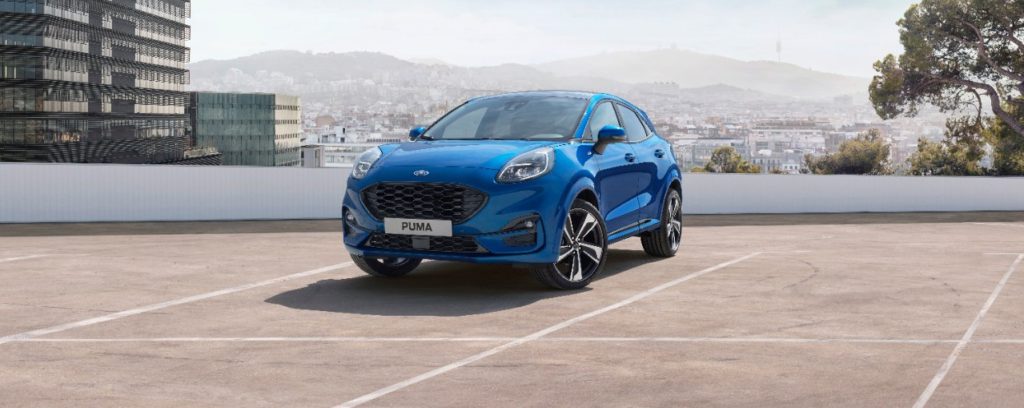Ford launches new business model in Europe and confirms job losses
28 June 2019

28 June 2019
Ford is launching a new business model in Europe alongside a fresh vehicle line-up, which will see a number of location closures and job cuts.
′The most comprehensive redesign in the history of its business in Europe’ comes as the company is on track to significantly improve its financial results in Europe this year, paving the way to sustainable profitability and its longer-term goal of delivering a 6% EBIT margin.
The redesign will see around 12,000 jobs cut on the continent by the end of 2020, including 2,000 salaried positions. These loses are part of the company’s plan to cut 7,000 salaried positions globally by the end of August.
Plant closures
Ford’s manufacturing footprint in Europe will reduce to a proposed 18 facilities by the end of 2020, from 24 at the beginning of 2019. The company has already announced that its Bridgend plant in Wales is to close, and this will be joined by the closure of the Ford Aquitaine Industries Transmission Plant in France as well as the Naberezhnye Chelny Assembly, St. Petersburg Assembly and Elabuga Engine plants in Russia. The company will also sell its Kechnec Transmission Plant in Slovakia to Magna.
In the UK, the Ford of Britain and Ford Credit Europe headquarters in Warley will also close later this year, with operations to be consolidated in Dunton.
In addition, the carmaker is implementing shift reductions at its assembly plants in Saarlouis, Germany, and Valencia, Spain, as well as a more streamlined management structure and marketing and sales operations.
′Separating employees and closing plants are the hardest decisions we make, and in recognition of the effect on families and communities, we are providing support to ease the impact,’ said Stuart Rowley, president, Ford of Europe. ′We are grateful for the ongoing consultations with our works councils, trade union partners and elected representatives. Together, we are moving forward and focused on building a long-term sustainable future for our business in Europe.’
Business split
As part of its reorganisation, which will become effective on 1 July, three new business groups – Commercial Vehicles (CVs), Passenger Vehicles (PVs) and Imports – are established to facilitate fast decision-making centred on customer needs.
Ford intends to grow its lead as the top-selling CV brand in Europe, including leading the pickup segment, and aims to double its CV profitability in Europe in the next five years. This growth will be supported by its partnership with Volkswagen.
The Passenger Vehicles group will lead a future portfolio of European-built cars and SUVs. Passenger vehicle development, including battery electric vehicles, will be centred in Cologne-Merkenich. The Imports group will comprise a niche portfolio of iconic passenger vehicles including the Mustang, the Explorer and an all-new, Mustang-inspired, fully electric performance utility vehicle coming in late 2020. Ford expects to more than triple passenger vehicle imports into Europe annually by 2024.
New models
Ford is freshening its vehicle line-up, concentrating on its popular models and SUVs. The company is committed to introducing at least three new nameplates in the next five years as it continues to grow its utility vehicle portfolio, including the Mustang-inspired electric performance utility vehicle. The new nameplates are in addition to the all-new Kuga, Puma and Explorer Plug-In Hybrid that are coming by early 2020. Every new nameplate will also include an electrified option.
There has been no announcement on the future of the Mondeo, which has been rumoured to be in line for the axe for some time.
′Our future is rooted in electrification,’ added Rowley. ′We are electrifying across our portfolio, providing all of our customers with more accessible vehicle options that are fun to drive, have improved fuel economy and are better for our environment.’
Ford is lagging behind other carmakers when it comes to electric mobility. However, it is believed that a partnership with Volkswagen will be announced next month. Any deal, which will also include collaboration on autonomous technology, is likely to be announced at the German carmaker’s next board meeting – with the proposal added to the agenda for that event.